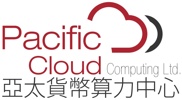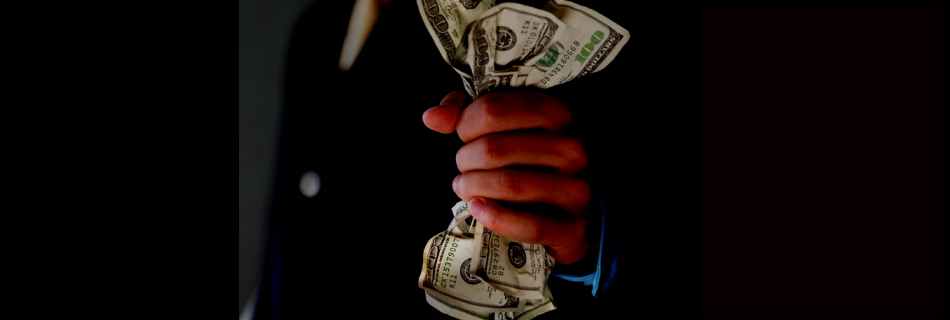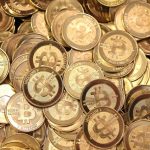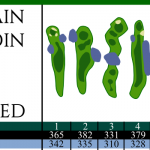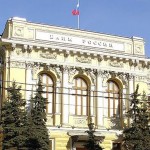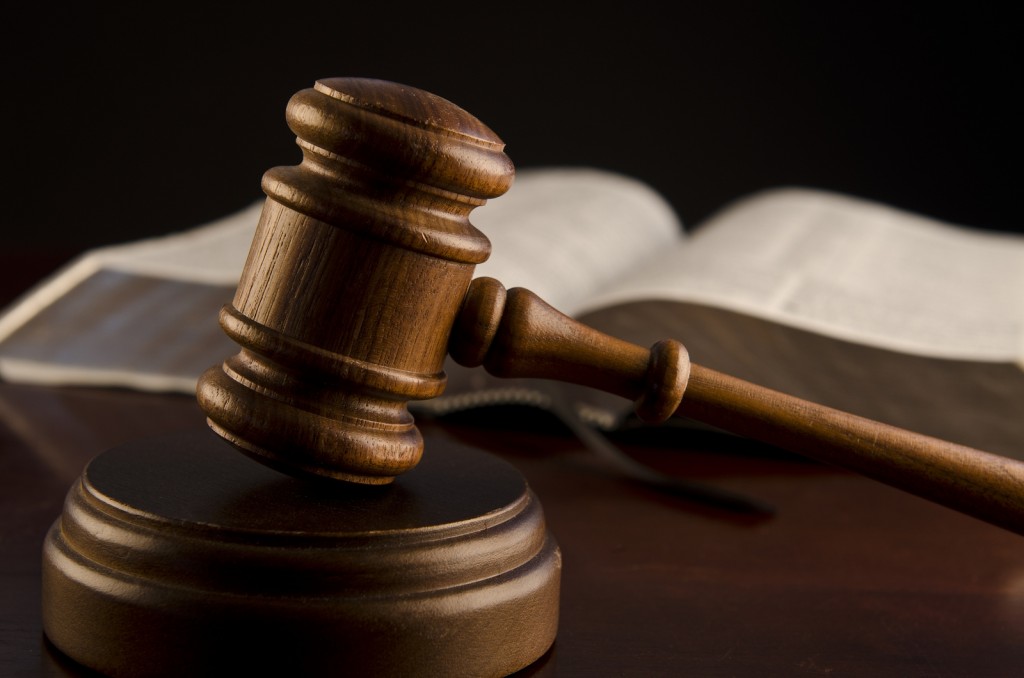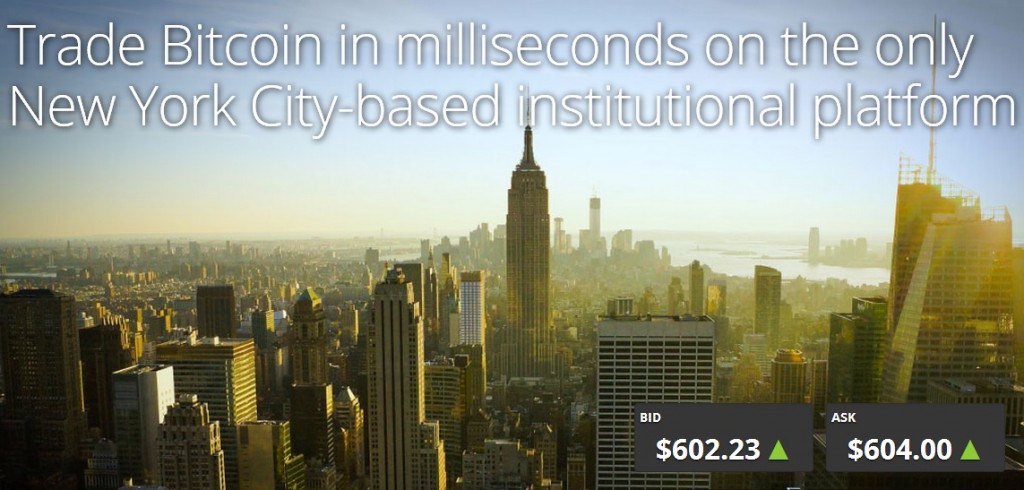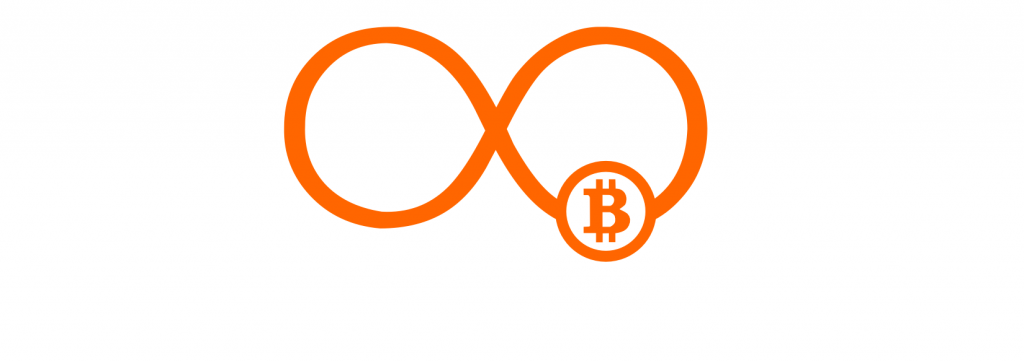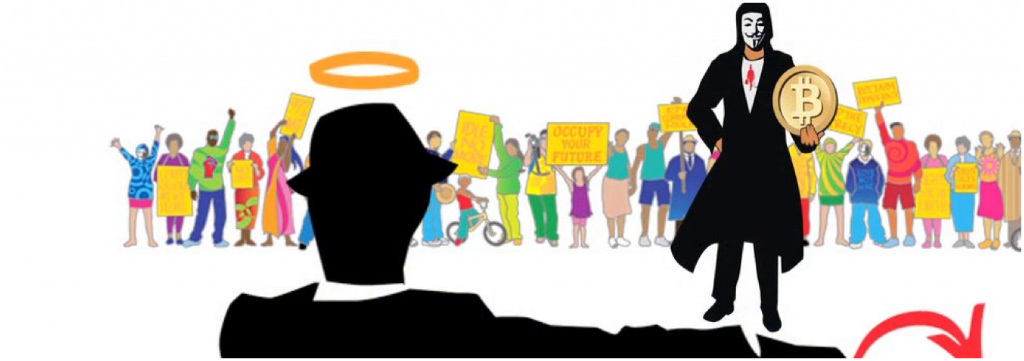Latest cash grab
It was reported in the Australian news source news.com.au that the Australian government arbitrarily voted itself the rights to close and confiscate bank deposits if left idle for only three years. Some are starting to wonder if this kind of Kelptocracy is just the beginning. This netted the government $360 million dollars as of this past week and effectively liquidated 80,000 bank accounts. Unsurprisingly, retirees, farmers and others that were holding the bank accounts are outraged.
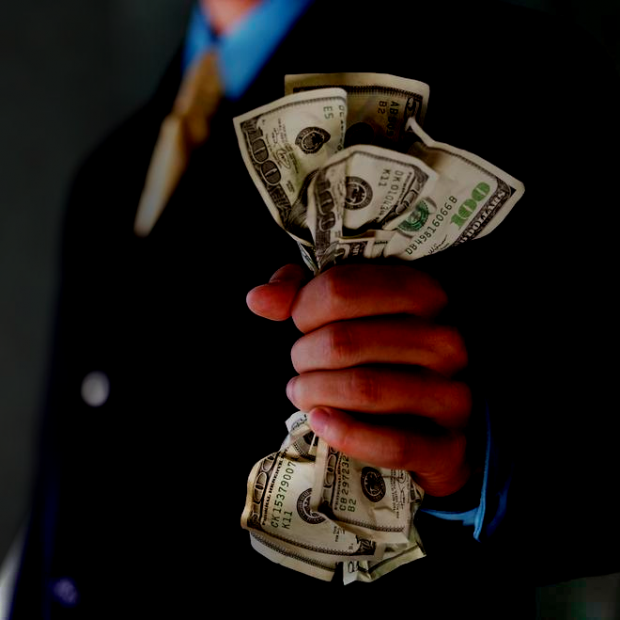
The Australian government elected to lower the threshold for the law that allowed themselves access to the cash from the previous limit of seven years down to the current limit of only three. The $360 million confiscated amounted to more than the five preceding decades combined. They issued a statement indicating an effort of “reuniting” people with their lost money because of fees and other banking expenses. However, their version of the word “reuniting” by confiscating the funds for their own use might seem curious to many. Some have called the act a simple “cash grab” with more than 90% of the accounts holding less than $5,000. The government offices issued no statements making connections linking these accounts to known money launderers or terrorists.
The report went on to name some of the affected regular people including grandparents who were simply leaving funds for their small grandchildren. The action also forced out of some of the nation’s farmers that often put money away in rainy day funds, the common strategy used for protection against the unlucky years in a business relying on unpredictable weather to sustain them. Some think the government is trying to make up for years of financial mismanagement by helping themselves to the life-savings of many of those who can ill afford to lose it.
What do you have to lose?
A website has been created for one to calculate how their net worth or annual income compares to the world averages. Here one may discover if their income puts them in the class of the 99% often cited by the anti-bank protest groups? When viewed in world-poverty terms and conditions, many in the western world may be surprised they are “rich” which makes their money a target by billions less fortunate.
At Global Richlist.com you can calculate your ranking position and calculate how much more money you will need before planning your move into the neighborhood of Bill Gates or Warren Buffett. It is probably safe to assume that they are comfortably positioned in the top one percent. By this calculation, most American’s would find themselves in the top one percent of incomes when measured and compared world-wide. The median income reported for a household in 2012 was $50,500. To many living in third world countries – that amount might be seen as unobtainable wealth.
To help you understand where national currencies come from, a video was created and posted on youtube that does a credible job explaining the complexities of money creation and calculates how much currency is floating around in the world. By some estimates in 2013 about 75 trillion dollars measured in US Dollars was available for spending. This number includes easy accessible credit that functions the same as the printed money (i.e. liquid credit including credit card unused balances).
What is there to fear?
It might be correct to specifically ask – who owns that money? Most people don’t realize it, but the bank actually owns the money as soon as it is deposited. You, the reader, are only unsecured creditors at that point. The Bank of International Settlements is the central bank of central banks. This international body creates policies or working groups that are then followed by the members of the G20 countries. One of the committees to come from this body is the Financial Stability Board. It was created and granted the rights “To use whatever means necessary” to stabilize the financial markets. This board is made up of the same central banks and regulators that destabilize the financial markets to begin with. One hand rocks the boat – the other hand tries to calm it – and they use your bank accounts and retirement funds as the ballast for all the sloshing turmoil in between. We are all pawns in their game. What you thought was your money is their plaything.
One huge potential tipping point to take down the world banking system comes again from the world of “Over the Counter Derivatives”. These are financial contracts based on complex agreements that are traded party- to-party rather than a regulated exchange. This is how it gets the name “over the counter”. It’s akin to the hidden “horse trading, wild west gambling hall “ of billionaire banking elites and the financial companies they run. Some of the biggest players in the OTC Derivatives market in 2007 and 2008 were Bear Stearns, Lehman Brothers, and AIG, with the first two spectacularly imploding and starting the chain reaction of bank failures while AIG was taken over by the government at the last minute before it took down the entire global banking system.
One common type of OTC Derivative is the infamous Credit Default Swap. You could buy a naughty sounding version called the “Naked Credit Default Swap” that essentially allowed you to “insure” anything – you didn’t have to own it or have any connection to it. One example used to describe the dangers was often cited in this way: “It’s buying fire insurance on your neighbor’s house, which creates a huge incentive for arson”. It’s not hard for the imagination to fill in the blanks. If a mob boss wanted a “hit” on somebody – why not take out a $200,000 life insurance policy on the poor victim first? Regulators have insisted OTC Derivatives not be outlawed, but that they prefer the parties do better at reporting the activities themselves and holding enough reserves to get not get wiped out when things turn south. One might think of this as allowing the fox to guard the hen-house and report any suspicious behavior if it’s not too much trouble. There have been some slightly stricter rules in place but the dollar amounts in these outstanding contracts have grown again past their “nuclear” level in 2008. The lack of Moral Hazard has allowed them no punishment for their bad and risky behavior and naturally we have a new ticking time bomb. There is no fear of failure when they are too big to fail.
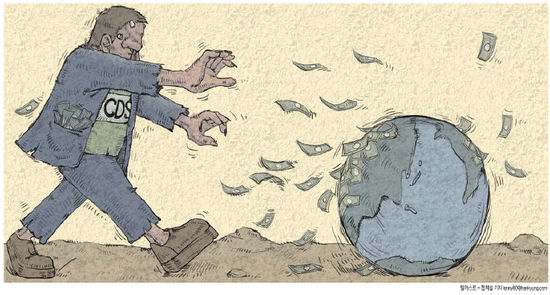
The market for Over the Counter Derivatives has now reached an outstanding balance of over 710 TRILLION dollars according to the Bank of International Settlements. This is almost ten times the amount of estimated currency of the entire world. As one might expect, this is a huge concern of the Federal Reserve. The amount of exposure to the banks themselves actually increased 12% to a total of over 237 TRILLION mostly held by only four US banks: JP Morgan, Goldman Sachs, Bank of America, and Citibank, also known as the “Too Big To Fail” banks. In March 2013 Time Magazine ran an article: Why Derivatives May Be the Biggest Risk for the Global Economy.The article described the world over OTC Derivatives as “shadowy” and VERY risky with the potential of huge and unpredictable losses.
This is at a time when the new rules were designed to have it shrink and back the system away from the edge. This shows they clearly lack the ability to control the markets as planned. Regulators have been attempting to cause an unwinding of the balances they consider dangerous. This was mandated to bring under control after the 2008 banking implosion which was in large part accelerated by Lehman Brother’s leverage in the OTC Markets. In the words of Reserve Bank Governor Glenn Stevens:
… equity ‘buffers’ may turn out to be illusory in a stress situation. That is, the uncertainty over asset valuations may be such that a presumed equity buffer is not, in fact, there. The ‘illusory capital’ problem is certainly not unknown in the annals of crisis management.
One example given by ABC Australia News was for JPMorgan; its assets are 1.5 Trillion dollars. This is enormous by anybody’s count and exceeds the gross national product of almost all countries. But its exposure to OTC derivatives is 47 times its assets. It would only take a 2% unexpected “burp” in the OTC markets to make JP Morgan technically insolvent. With inner connected interlocking loans between it and other worldwide banks, the contagion could spread worldwide extremely quickly as it did in 2008. The total amount of capital exposed is now higher than 2008 levels. Could this be the dusty, dry forest of overgrowth waiting for a match?

Nowhere to hide:
New rules take effect July 1, 2014 for reporting of Foreign Bank Accounts (FBAR). This requires foreign banks to “give up the goods” on your foreign bank with-holdings or face being cut off from the US financial banking system themselves. Once considered a haven of protection against overzealous taxing countries, the “offshore banking account” doesn’t appear to be a safe haven protection any longer.
It may appear to many that money will be ‘held hostage’ in the event of a banking emergency. The new laws introduced by the “Frank-Dodd” bill requires what some call bank “Bail-Ins”. This new strategy for keeping failing banks in business uses money from its own creditors to first make it whole. This includes all cash deposits made by its own customers. We saw the “beta test” of this new strategy in Cyprus. Essentially, the banks have full authority to liquidate your accounts to prop them up if they need. After which, if they are “too big to fail” the taxpayers would also be expected to ‘chip in’ at the government’s insistence. It’s not clear yet whether one’s pre-confiscated funds will count towards the final tally of post-confiscated funds. The is now the framework for the G20 banking system.
Could it happen to you?
In the USA, the state of Georgia enacted the law known as: Georgia’s Disposition of Unclaimed Properties Act. They’ve set the new “low bar” for inactive accounts to only 12 months. Safe deposit boxes are somewhat safer at 24 months before they can be cracked open and pilfered. It appears there is no way out unless you are out of the direct deposit or regular banking system altogether. Perhaps the “unbanked” would be better off in this scenario. Other states have similar laws for allowing themselves to the funds stored in “inactive accounts”. Although the “grace period” would be longer than 12 months.
This leads us naturally to the safety of bitcoin. Like precious metals, safety of the non-traditional investments lie outside the banking system. Bitcoin may become the new best friend of high net worth individuals who are interested in a safe place to put their money. Perhaps one day they might realize that funds stored in bitcoin are highly liquid, and easily accessible to those with the private key. Perhaps most importantly, funds stored in bitcoin are much more difficult to seize for the dozens of countries with a terrible record of fiscal management. Bitcoin effectively may be the new de-facto “off-shore”.
This article assumes the reader’s intent is to provide protection discussion to legally and lawfully obtained money. Presumably, money in bitcoin accounts has already been subjected to proper taxes. This article in no way advocates using bitcoin for avoidance of legal tax due. However the world is littered with examples of countries that have gone corrupt. The world has witnessed governments that exist to increase the personal wealth and political power of their officials and the ruling class at the expense of the wider population. Therefore it is merely an informative piece for those that may be interested in bitcoin as a means of protection against those governments that have become a Kleptocracy. How one identifies which governments meet that qualification is, of course, subjective.

As we’ve seen by way of Australian government actions for just one recent example – simply abiding by the law and paying your taxes isn’t often enough. Bitcoin may be the equalizer needed for citizens to have leverage and rights to finally stand up and say “Enough is Enough” and stand their ground. Soon private multi-signature wallets requiring two or more keys to unlock it might be seen as the last stronghold of defense.
In the 1980s and 90s the US experienced the Savings and Loan crisis as many imploded. Assigned to find fraud and corruption, William Black uncovered and named senators accused of corruption and subsequently wrote a widely referenced book on the subject, “The best way to rob a bank is to own one”. With the invention of bitcoin – perhaps we may now coin a new phrase that can be applied to the reality we now face:
“The best way to beat a bank is to BE the bank”.
Come to Bitcoin.
The post Bitcoin Protection from Bank Raids and Kleptocracy appeared first on Bitcoin Magazine.
